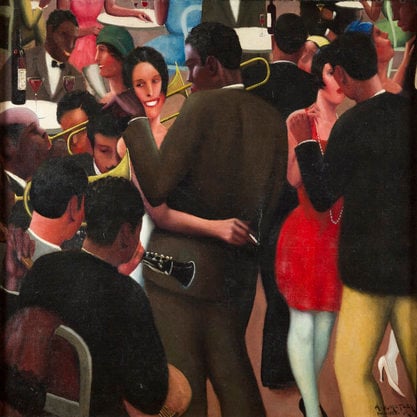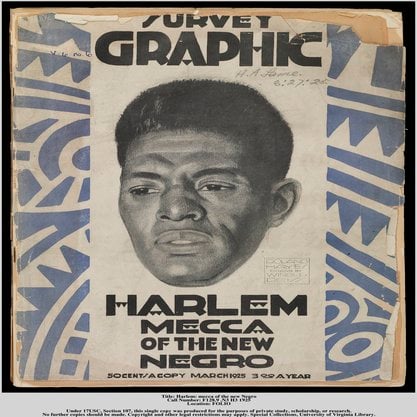Article
Gillespie, Dizzy (1917–93) By Garlitz, Dustin
Article
Dizzy Gillespie was an American jazz trumpeter, composer, and bandleader. Over the course of his artistic career Gillespie was based in New York City, where he was first active performing in big bands, eventually leading bands of his own. Along with his musical colleague, alto saxophonist Charlie Parker, Gillespie was one of the progenitors of the modern jazz movement bebop in the 1940s. Considered one of the pioneers of Latin jazz, especially Afro-Cuban jazz, Gillespie traveled extensively, performing with an international roster of musicians. Compositions that reflect this style of jazz include “Tin Tin Deo,” and “Manteca” (1947). Gillespie’s musical orientation to Afro rhythms was evident as early as 1942, when he composed the jazz standard “A Night in Tunisia.” When he dissembled his big band to form a sextet in 1949, Gillespie gave modern jazz tenor saxophonist John Coltrane his start in improvisational focussed small band work.

